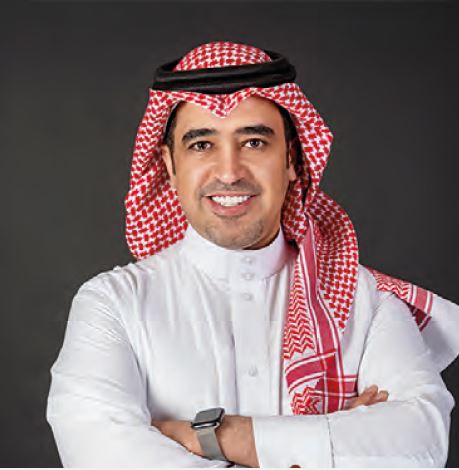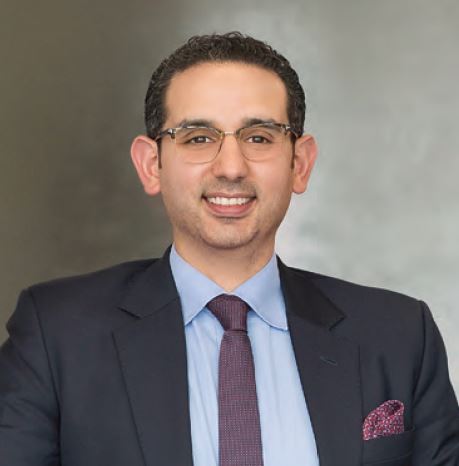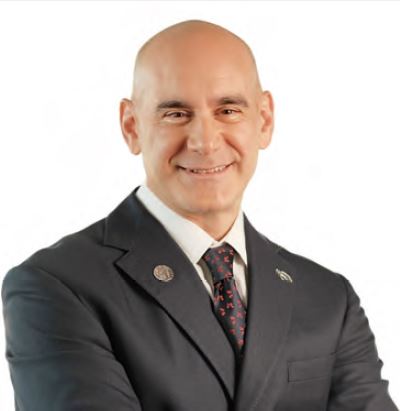

At The Bench, our teams are gearing up for the biggest, boldest and most influential Future Hospitality Summit to date. Renamed and rebranded FHS World to reflect the continued expansion of the travel and hospitality sector, it will take place back at Madinat Jumeirah in Dubai, from September 30 – October 2, 2024. The Middle East’s awe-inspiring, record-breaking hospitality and tourism sector is growing by the second, and new projects and hotel investment will undoubtedly be a key theme at FHS World. In the run-up to the event, I spoke to three industry leaders to get their take on the key factors, opportunities and challenges affecting those investments. Read on for their insights and comments.
An appealing investment climate
Saudi Arabia’s hospitality sector has experienced significant growth since 2022, with the industry projected to reach USD 16.9 billion by 2029. The Kingdom plans to invest USD 550 billion in tourism over six years, with the aim of boosting its contribution to GDP to 10 percent and attracting 100 million tourists annually. Additionally, Saudi Arabia plans to build 320,000 hotel rooms by 2030 at an estimated cost of USD 37.8 billion, supported by strategic infrastructure developments and new urban developments. Public-private partnerships facilitate large-scale projects, while rising disposable incomes further enhance the region’s investment appeal.
ESG – essential, not optional
Navigating hospitality investments with environmental, social and governance (ESG) regulations involves understanding evolving rules like the Securities and Exchange Commission’s climate disclosures and the EU’s Corporate Sustainability Reporting Directive. Implementing ESG infrastructure and engaging stakeholders is crucial, with over 60 percent of consumers prioritizing ESG. Setting ESG key performance indicators involves identifying relevant indicators, linking initiatives to financial performance, adopting reporting frameworks like the Global Reporting Initiative and measuring progress regularly. Ignoring ESG can be detrimental, so integrating these considerations into investment strategies is essential. At Taiba Investments, eco-friendly construction is a priority, utilizing sustainable materials and designs to enhance energy efficiency. Likewise, adhering to responsible governance ensures effective operations, financial stewardship, cybersecurity and compliance.
Aligned funding initiatives
Financing hospitality projects is facilitated by a variety of sources, each presenting distinct opportunities. Government grants and incentives, notably in Saudi Arabia, mitigate initial capital outlay and align projects with national development goals such as Saudi Vision 2030. The Ministry of Tourism’s Hospitality Investment Enablers (HIE) program, aligned with the national tourism objectives, aims to attract USD
11 billion in private investment by 2030, effectively boosting GDP by USD 4 billion and providing substantial financing options for the hospitality industry.

Favorable conditions
Growing tourism numbers, increased consumer spending, a stable business environment and positive economic conditions all drive greater investments in new hospitality projects. Innovations in the industry, particularly in technology, and a growing preference for better personalization and unique guest experiences, appeal to both the modern traveler and investors. Favorable investment dynamics, such as attractive annual yield and high returns, further encourage investments in the sector. Supportive government policies, including tax incentives and streamlined regulations, also play a significant role. To minimize disruptions, appropriate staffing and a well-trained workforce are crucial.
Flexible financing options
The most common and widely accessible form of financing is traditional bank loans that offer market interest rates with longer payment periods, but stringent approval processes and potential interest rate hikes pose challenges. Mezzanine financing, while flexible, comes with higher costs, shorter tenure and increased risk, often necessitating larger equity contributions. Islamic financing appeals to investors seeking compliance, but may entail higher transaction costs. We also have government-backed initiatives, like the Tourism Development Fund in Saudi Arabia, which provides competitive financing terms, is more flexible and fully understands the high potential of hotel investments.
Opportunities vs. risks for Investment
When it comes to assessing distressed hotel assets entering the market, a nuanced understanding of economic indicators, market dynamics and property-specific factors is required. It is often not an underperforming market, rather, the failure of the owner to drive operational efficiencies or adopt tactics to keep the business afloat that leads to such challenging situations. Investors must analyze the extent of distress, potential for value appreciation and feasibility of turnaround strategies. Economic downturns, oversupply and changing consumer preferences impact asset availability in any market. While distressed assets present opportunities for acquiring undervalued properties, investors must also contend with risks, such as market volatility, operational challenges and the need for significant capital investment in renovations or repositioning efforts.

AMR EL NADY
Head of Hotels & Hospitality MEA
Managing director, Global Hotel Desk
JLL
jll-mena.com
@jll
Local and likeminded partners
The Red Sea Global (RSG) mission of regenerative tourism – acting to enhance local environments, communities and the Saudi economy – allows us to explore a range of investment opportunities. Red Sea Global was the first company to achieve a Riyal-denominated Green Finance credit facility in 2021. So far, we’ve secured contracts across all procurement divisions, totaling over 12,000 agreements and valued at SAR 67.8 billion. In deploying our capital, we prioritize partnering with local and likeminded organizations that share our ambition for doing better by people and the planet, with over 70 percent of our contracts awarded to Saudi businesses.
ISO focused
To ensure that our partners meet our strict standards, we have developed a series of tools to support our due diligence. For example, we made our internal control toolkit publicly available to act as a guide to best practice in governance, for other organizations in Saudi Arabia to implement and benefit from. RSG have undertaken a series of ISO certifications, including ISO14001:2015 accreditation for environmental excellence. When selecting partners to work with, we seek out similar levels of accreditation to underscore our commitment to delivering for both people and planet.
Tourism ripe for investment
The launch of Vision 2030 heralded a new wave of opportunity for hospitality and tourism in Saudi Arabia, such as the 14 giga-projects, which include The Red Sea. Numerous financing options have been created to support hospitality in Saudi Arabia. In fact, investment in the KSA’s FDI net inflows hit USD 2.93 billion in Q3 2023, 58.3 percent higher on a year-to-year basis. Tourism was the most popular sector for investment, with 26 FDI investments announced between July and September 2023. Saudi Arabia’s economy is going from strength to strength and is set to become one of the world’s top 15 economies by 2030.

Group chief legal officer and group head of investments
Red Sea Global (RSG)
redseaglobal.com
@redseaglobal


















